Place your adverts here on InfoDig @ low rates; banner ads, sponsored links and guest articles etc. Contact us
Festus Keyamo, the Minister of Aviation, has revealed that the Lagos and Abuja airports each spend over N1 billion monthly on electricity bills.
Keyamo made this statement while speaking in an interview aired on Channels TV on Tuesday in Abuja.
Keyamo explained that the increasing electricity costs have added to the financial burden on both flight operations and the airline industry.
He added that it is why he is advocating for off-grid energy solutions at airports, with a particular focus on renewable sources like solar power.
“We want to go full blast into off-grid power supply with these airports because that is the major source of loss of revenue at these airports. You have to run diesel when there is no flight landing or anybody present there.
“You will be running diesel for the whole day with big generators—buying diesel, paying electricity bills. We need to look at going off-grid and now we are fully ready for that to use solar to run these airports so we don’t have to pay these high bills.
“We are doing far more than N1 billion for Lagos; far more than N1 billion for Abuja in a month. We are paying these for power in a month. It’s an open secret,” Keyamo said.
Audit on Airports Electricity Bill
Speaking further, Keyamo stated that the rising electricity costs prompted him to initiate an audit of the power consumption at these airports.
He noted that the high bills predated his tenure as minister but emphasized that such expenses cannot be allowed to persist under his leadership.
While he recognizes the high cost of energy, his priority is to secure more affordable alternative energy sources for the industry.
“The point is that energy costs a lot. Now, whether it’s fully accurate, it’s why we are doing an energy audit. I’ve inaugurated an energy audit. I won’t allow some of these things happen under me without taking a second look at at them.
“As I speak with you, an energy audit is going on now. Very powerful individuals called me not to look into it, but I stood my ground. I said it’s not cheap to get source of power from here. I’m looking for a cheaper source of power. We can source for a cheaper source of power, ” Keyamo said.
What you should know
Despite various government interventions, the power sector in Nigeria continues to struggle, primarily due to underinvestment and liquidity shortages.
In May, the federal government introduced a N130 billion payment initiative to address part of the N1.3 trillion debt owed to gas suppliers within the Nigerian Electricity Supply Industry (NESI).
To date, around N205 billion has been disbursed to gas suppliers to boost electricity production nationwide.
This debt settlement is part of a larger strategy by the government aimed at enhancing liquidity in the sector and ultimately improving power supply.




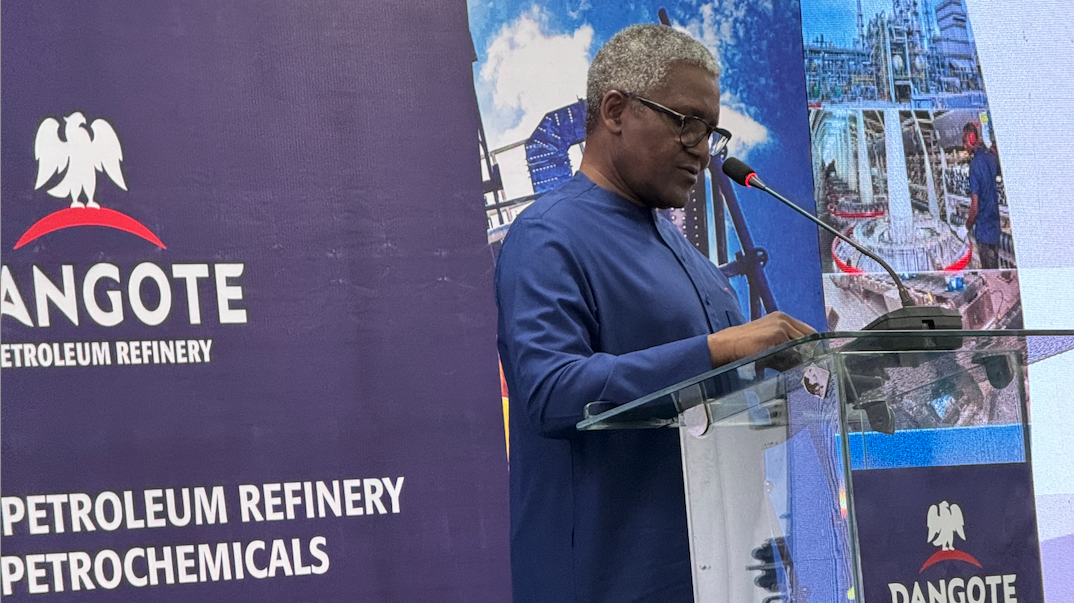
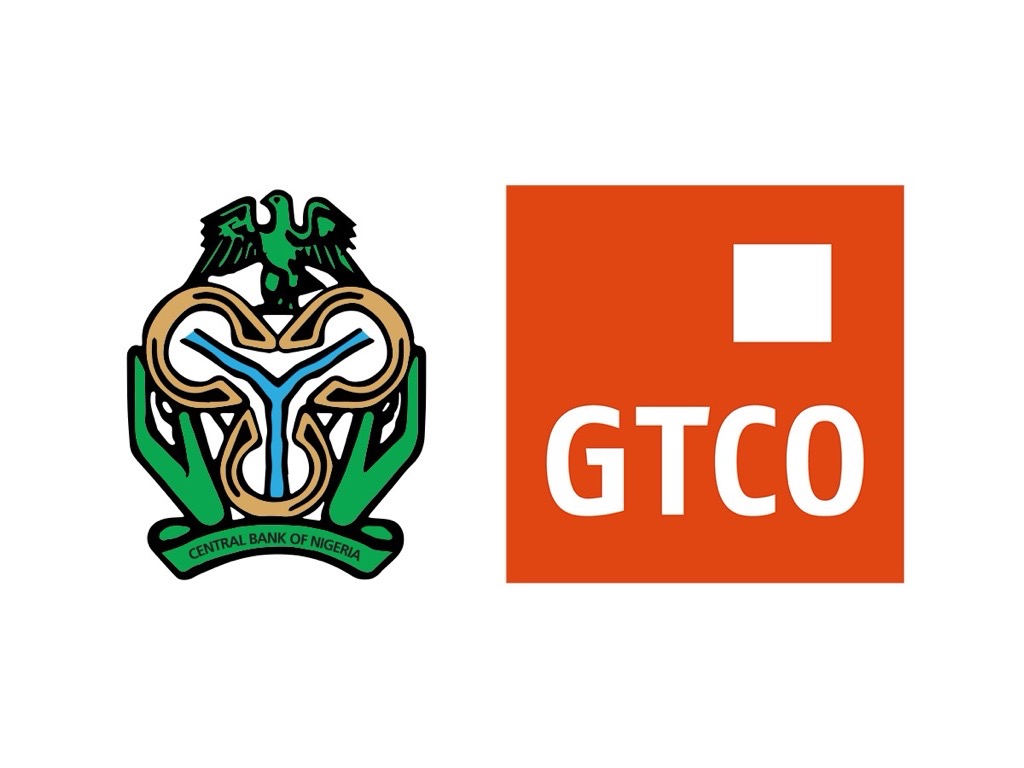

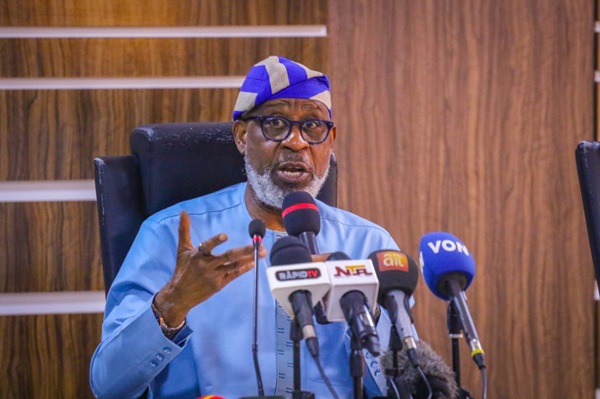
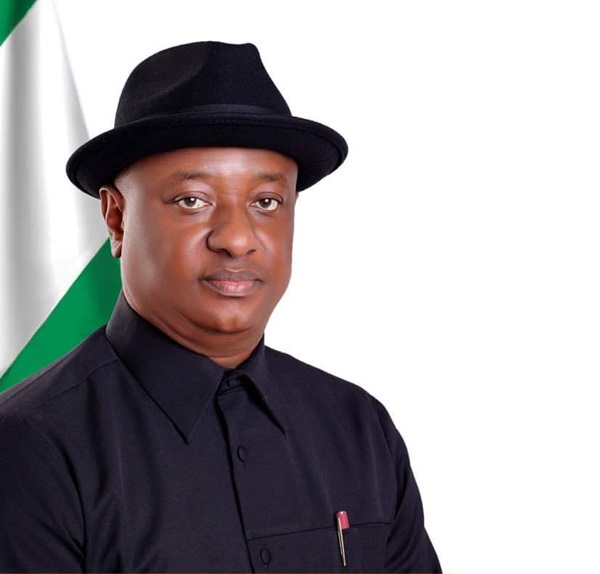


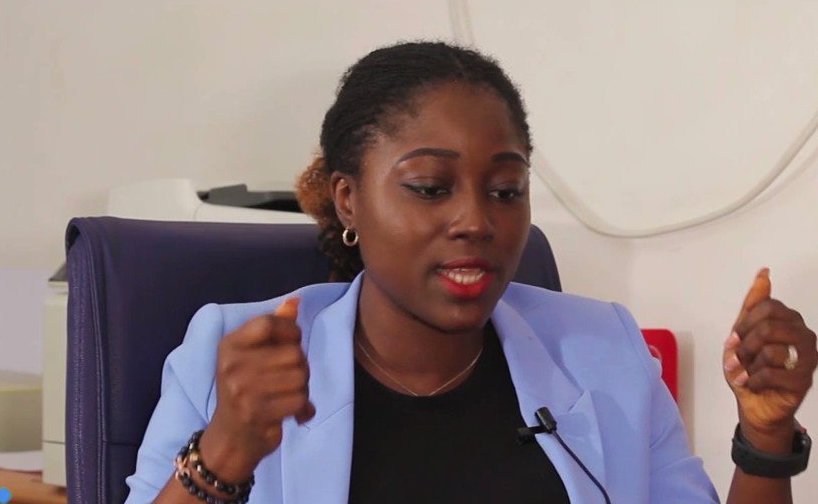




 English (US) ·
English (US) ·